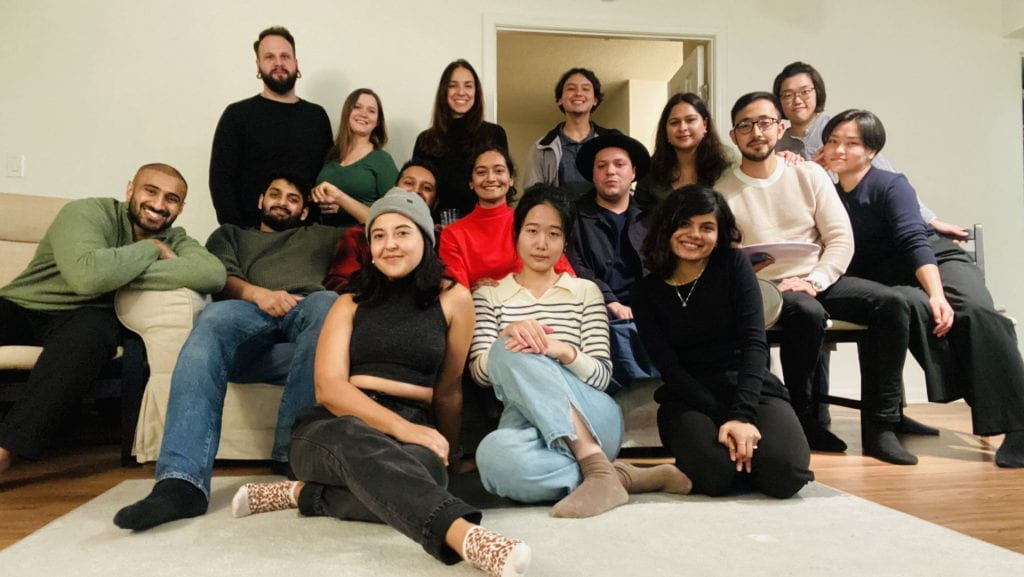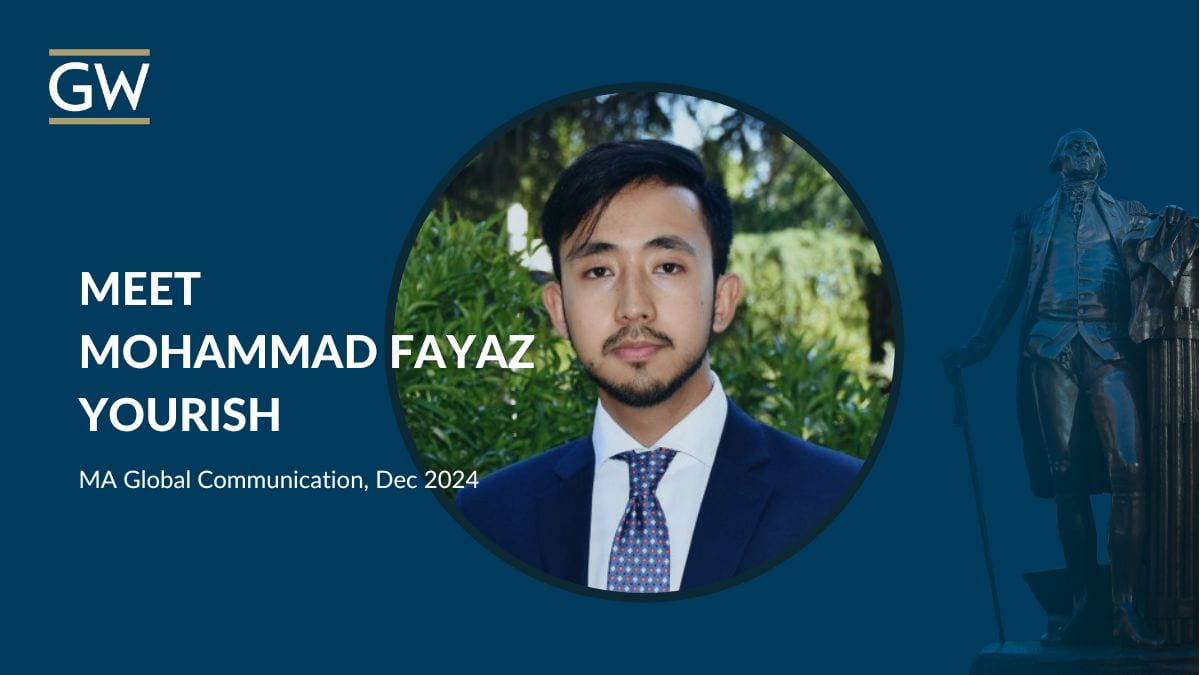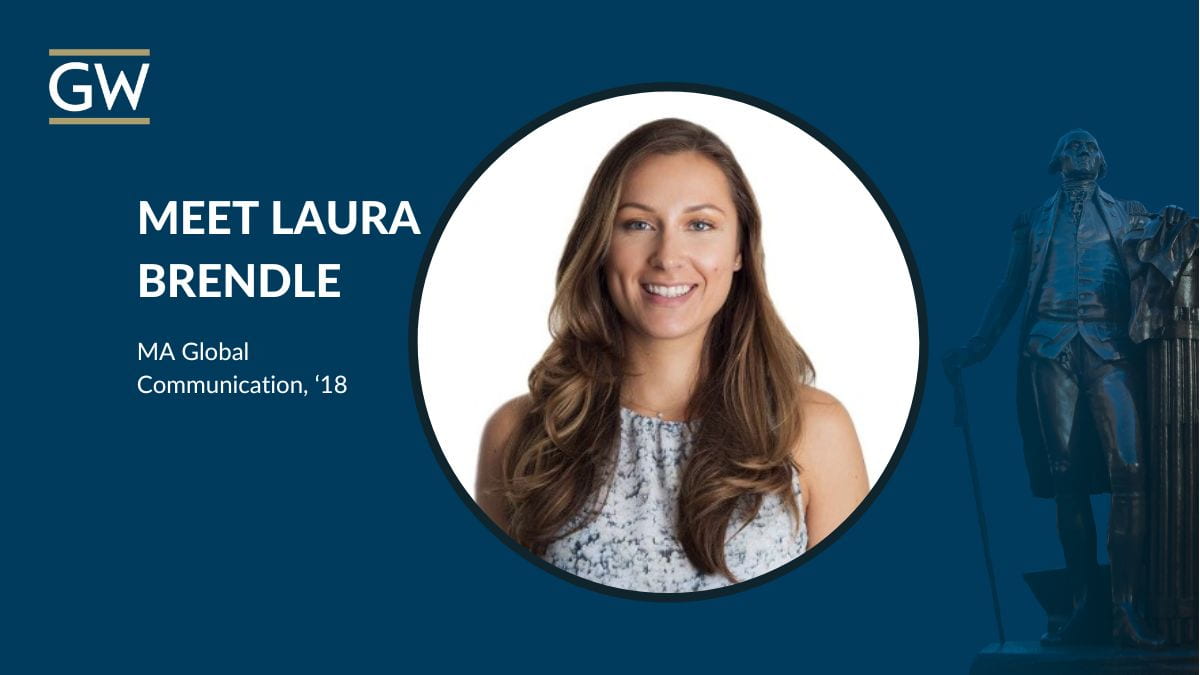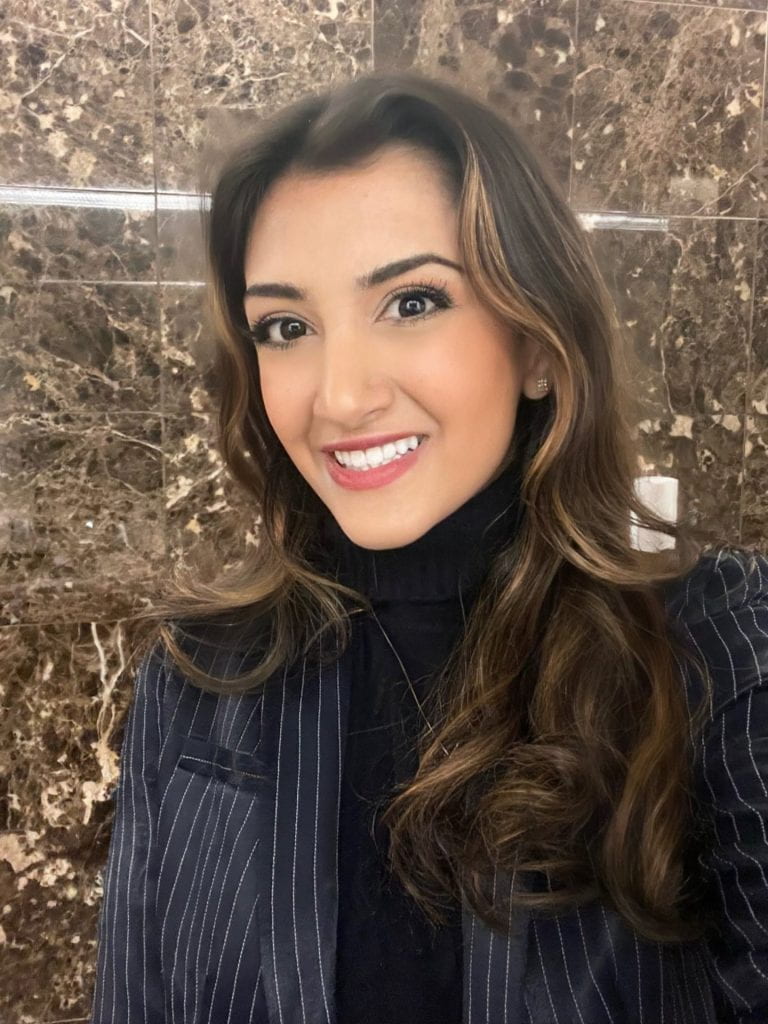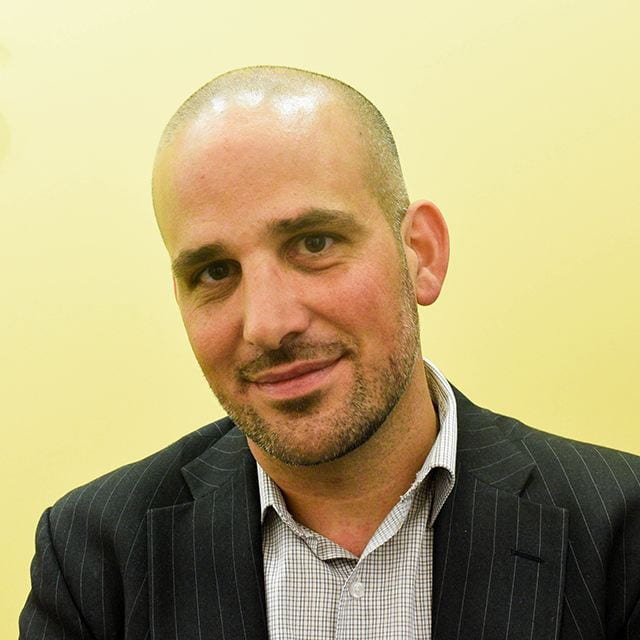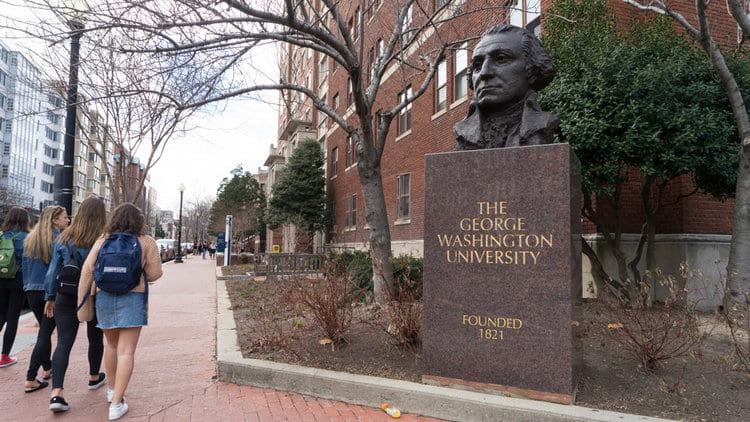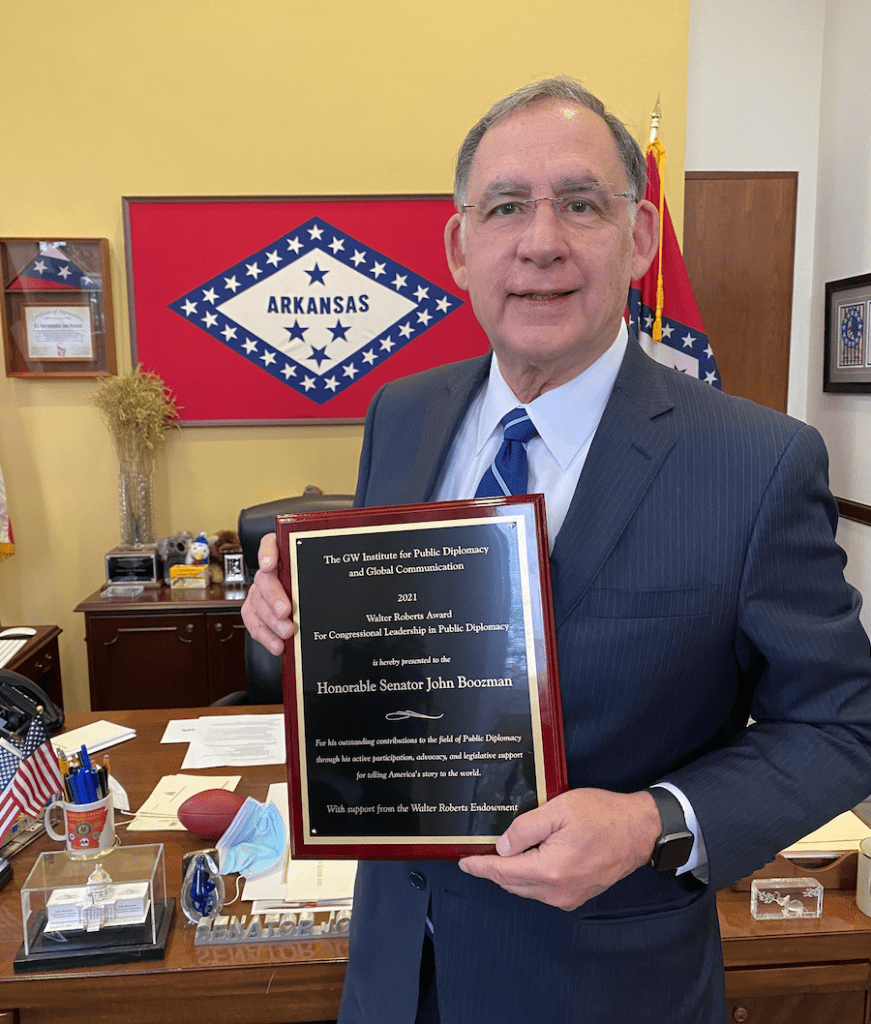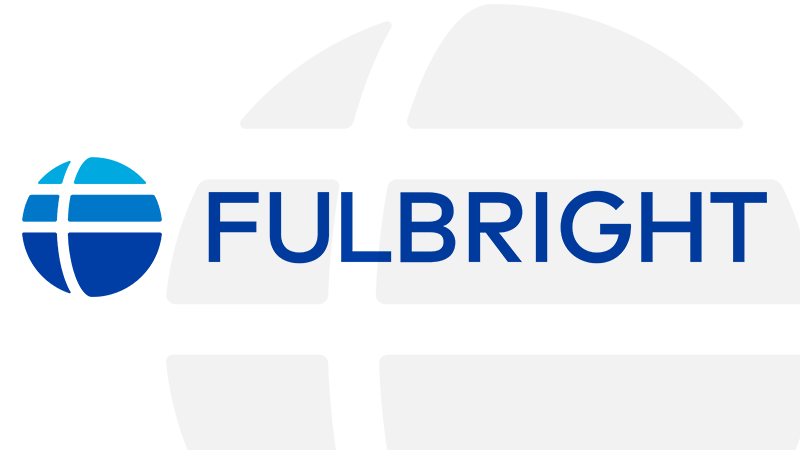By Alexis Posel, IPDGC Communications Student Assistant
Laura Brendle graduated from the M.A.Global Communication graduate program in 2018. She was the recipient of that year’s Student Public Diplomacy Award which recognized her efforts in public diplomacy studies.
She currently works at Webrepublic, a digital advertising agency in Switzerland, where Laura is originally from. Her academic journey in the Global Communications program has taken her into the world of international marketing.
Tell me about how you chose to come to GW for the MA program in Global Communications. And what are you doing after your graduation?
I began my program at GW in 2016. It was a very interesting year, politically. You can’t hear it from my voice, but I’m actually Swiss, not American.
I had been in the UK and working in the film industry over there at the time, watching the US election happen. I always had this interest in global politics, and also in the politics of the U.S. So, that’s how I chose to come to GW for my master’s degree in Global Communication. I think that kind of sets the scene for my kind of non-traditional pathway in both directions.
After graduation, I began working in the digital advertising industry. I got into that (job) because I of a class I had taken at the School of Media and Public Affairs. And this was where I met my future boss – they had been a guest lecturer in one of the classes. So, I worked for the digital agency Targeted Victory for a year after graduating.
Later, I returned to Switzerland, where I began working at another digital advertising agency, Webrepublic – no longer focused on politics, (but) on all aspects of advertising.
While I’m not the traditional candidate to be talking about why the Global Communication program as I think a lot of people may not want to go on the path that I’ve gone, I think this MA program has definitely helped me in my current industry: learning from people with different experiences and analyzing the way that people think – especially in the political communication aspect – knowing how to influence or how the media influences, are all things that are beneficial to know.
Looking back on your time at GW, which classes do you think have helped you figure out what you wanted to do?
What I think I have gained overall from the Global Communication program is communication (skills). Getting your point across succinctly, using these skills of persuasion, and understanding the person that you’re speaking to. Those are kind of the strategies that I still employ in advertising.
The class on Strategic Politics left an impression on me about using humor strategically. It was a really interesting class combining comedy and politics – learning how to use humor in communication to get your point across. It was something so different that could connect all my interests as I was working on the comedy side of things while working in the film industry.
As I mentioned, in joining Targeted Victory, I was a Republican public communications, PR and advertising firm. I went into that because GW can be a very liberal bubble for a European person, not understanding the perspective of why Trump happened. So, I was curious to get into a space with Republicans and figure out what happened there. That was my motivation, but then I fell in love with advertising through working there.
Another experience I want to mention is the Capstone project at the Elliot School of International Affairs. My group brought together different knowledge and skills – one person was focused on trafficking issues, and another was focused on international women’s policies. I brought in the global communication aspect. We traveled to South Korea and interviewed North Korean refugees, in particular, refugees who had been trafficked across the border with China.
I love that the Global Communication program could give all these different touch points with all these different people from different areas of expertise and help translate things into a community communications perspective.
